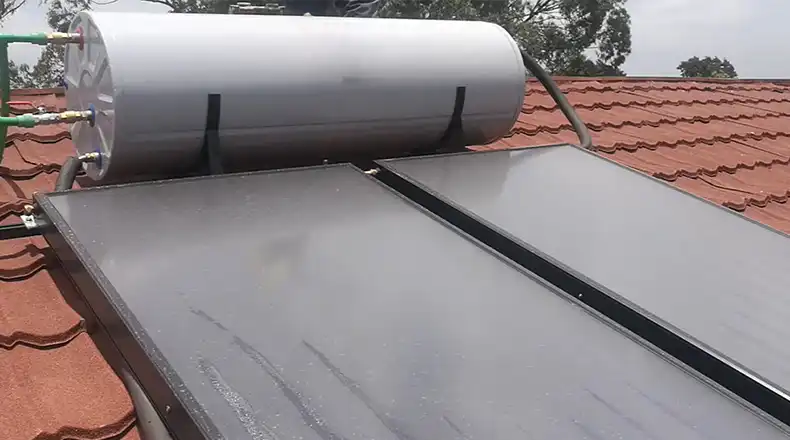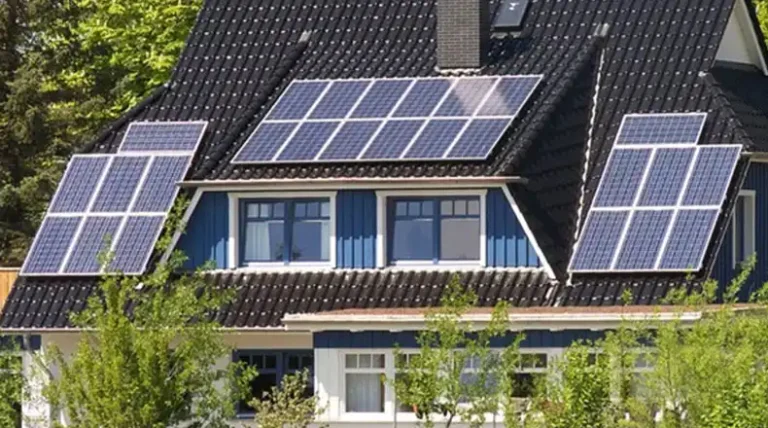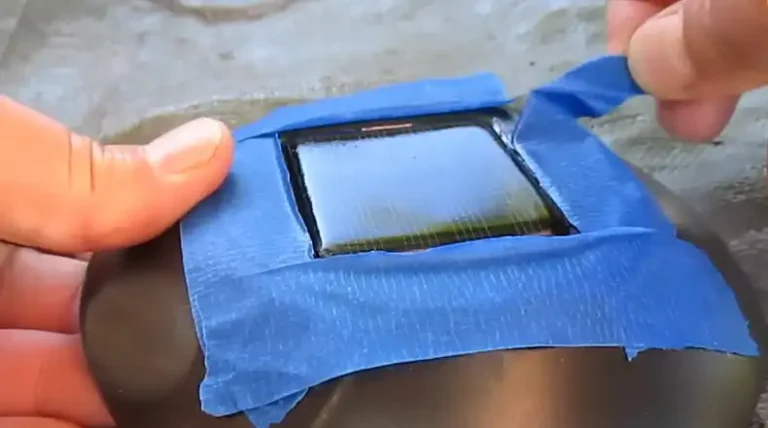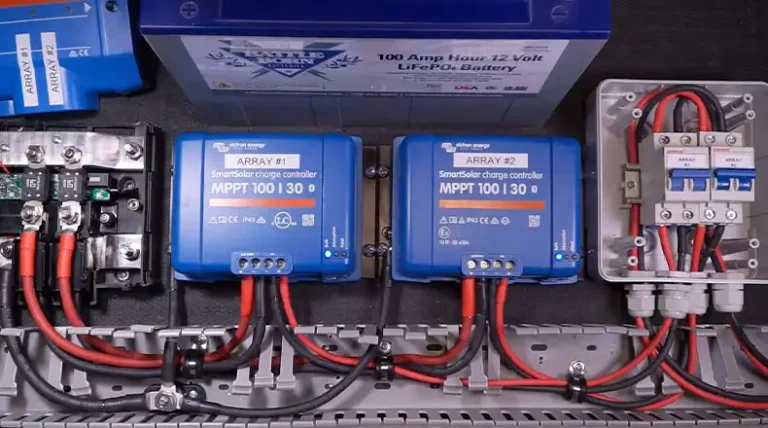Can We Drink Water from Solar Water Heater? Explained
You might be wondering if you can utilize your solar water heater for more than just heating purposes. While solar water heaters are an excellent sustainable solution, the short answer is that drinking water directly from them is generally not recommended.
As someone who values sustainability, I understand the appeal of using solar-heated water for all your needs, including drinking. However, it’s crucial to be aware of the potential health risks involved in consuming water from a solar water heater. In this article, I’ll explain the specific concerns that make it inadvisable to drink from a solar water heater and provide alternative options to safely utilize solar-heated water for drinking and cooking purposes.

Why It’s Not Recommended to Drink Water from Solar Water Heater?
It’s not just only me but also the Municipal Public Health Bureau health education experts also state that it’s not ideal to do! There are several reasons why drinking water directly from a solar water heater is generally not advised and can pose potential health risks. Let’s explore these concerns in detail.
Contamination from the Tank
Solar water heaters typically have a storage tank that holds the heated water. Over time, these tanks can accumulate sediments, minerals, rust, and other contaminants that can make the water unsafe for drinking. The materials used to construct the tank, like copper or galvanized steel, can also leach into the water, causing potential health issues. Additionally, the water inside is exposed to air, increasing the risk of contamination from airborne bacteria, dust, or pollutants, which can proliferate in the warm environment.
Lack of Disinfection
Solar water heaters generally don’t incorporate disinfection processes like chlorination or UV treatment, which are essential for ensuring water is safe for drinking. Without proper disinfection, the water may harbor harmful microorganisms like bacteria, viruses, or parasites, potentially causing waterborne illnesses. Even if the water starts clean, the warm temperatures can promote microorganism growth, making it unsuitable for consumption over time.
Nitrite Buildup
Another concern is the potential buildup of nitrites, compounds that can form when certain materials like copper or galvanized steel react with water under high temperatures and low oxygen conditions. Ingesting high nitrite levels can be particularly harmful, especially for infants and young children, as it can lead to methemoglobinemia, a condition that reduces the blood’s ability to carry oxygen, causing bluish discoloration of the skin, shortness of breath, and potentially life-threatening complications.
Option for Using Solar Heated Water
If you are considering installing a solar water heating system specifically for obtaining drinking water and serving other domestic purposes, there are dedicated solar water heaters available that are designed to provide potable (drinkable) water. These specialized systems take measures to prevent any biological growth or contamination from entering the water supply.
The design of such potable solar water heaters ensures that no biofouling (accumulation of microorganisms, plants, or animals) occurs within the system. Additionally, they have safeguards in place to prevent any migration of contaminants or impurities back into the water stream. This guarantees that the water remains sterile and free from any harmful substances right from the first day of operation.
One notable example of such a system is the WaterStillar Family of solar water distillers. These units harness solar energy to distill and purify water, providing a reliable source of clean drinking water. The WaterStillar Family units are capable of producing around 25 liters (approximately 6.6 gallons) of distilled water per day, making them a practical solution for meeting daily drinking water needs through an eco-friendly and sustainable process.
Wrapping Up
While solar water heaters offer an environmentally friendly and cost-effective solution for heating water, drinking directly from these systems is not recommended due to potential contamination, lack of disinfection, and nitrite buildup. However, this does not diminish the value and benefits of solar water heaters for their intended purposes, such as providing hot water for bathing, cleaning, and laundry.
If you’re considering using solar-heated water for drinking or cooking purposes, it’s essential to explore dedicated potable water systems designed specifically for this purpose. These systems incorporate additional safeguards to ensure the water meets the necessary standards for human consumption.






![Best Solar Companies in San Jose | [2024 Guide]](https://www.itekenergy.com/wp-content/uploads/2024/03/Best-Solar-Companies-in-San-Jose-768x428.webp)